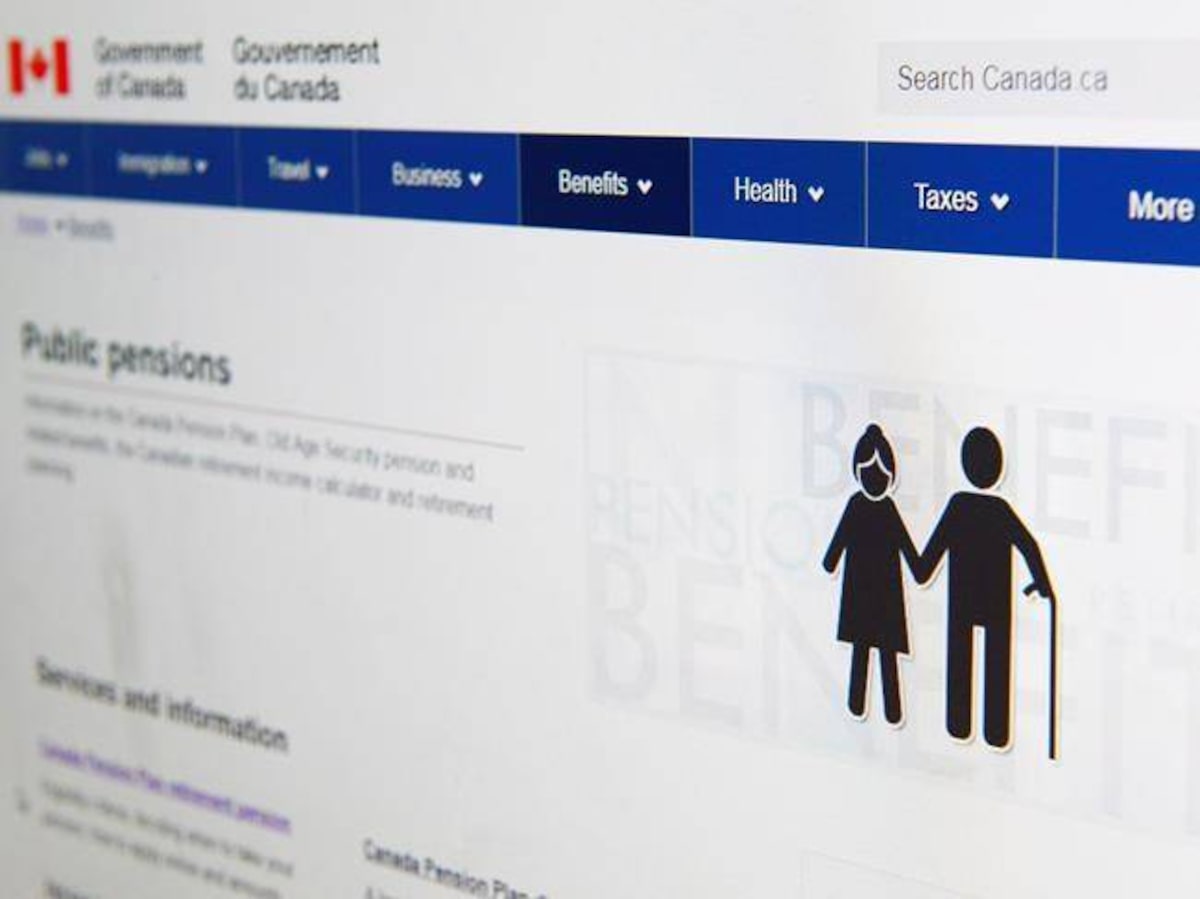kEiThZ
Superstar
I'm not sure that exact stat is OECD tracked.
Here's a page of Child/Family Data you can peruse:

Benefits and wages - Net childcare costs - OECD Data
Find, compare and share OECD data by indicator.data.oecd.org
On Child Poverty Rates there is this from 2017:
View attachment 555735
This is a more comprehensive look at OECD poverty and child poverty by country - Excel Spread Sheet:
So Canada has higher income replacement for seniors than average while having higher than average child poverty.
Kinda looks to me like the LPC is waging a war on youth, on behalf of the gerontocracy. Reverse Robin Hood.







